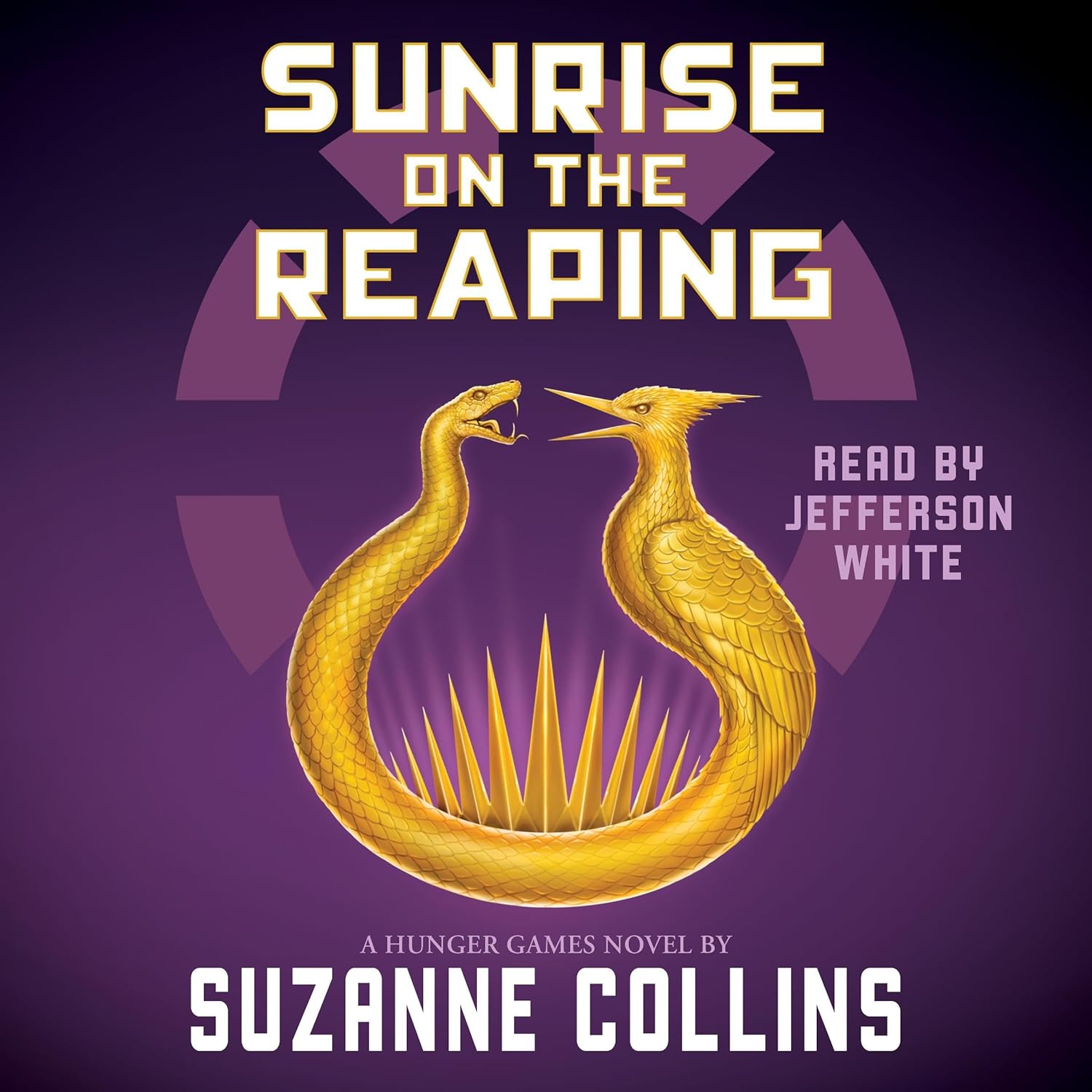Sunrise on the Reaping (A Hunger Games Novel) (The Hunger Games)
Page 404 Review
A Reflection on Rebellion and Resilience in the Hunger Games
The Hunger Games, a dystopian masterpiece, continues to resonate with readers due to its exploration of themes such as oppression, resilience, and the complexities of human nature. This particular passage offers a poignant glimpse into the characters’ inner thoughts and their understanding of the world they inhabit.
The Weight of Submission
The opening lines of the passage,
“You know, if we’d started picking off the Gamemakers before we got in here, we might’ve stood a chance,”
immediately introduce a powerful idea: the possibility of resistance. This statement, though simple, carries the weight of years of subjugation. It begs the question: why do the districts continue to submit to the Capitol’s tyranny? The narrator’s internal reflection on this very question highlights the pervasive nature of control and the fear that paralyzes the populace.
Finding Solace in Mundane Tasks
The narrator’s response to this weighty question is telling. Rather than engaging in a potentially dangerous conversation, they choose to focus on the mundane:
“I just concentrate on wiping the last bit of oil out of the can. Then I go about scraping the slime off my pants.”
This deliberate act of focusing on the immediate task at hand speaks volumes about the character’s survival mechanism. In a world where every word and action is scrutinized, finding solace in simple, tangible actions offers a temporary escape from the overwhelming pressure and danger.
The phrase,
“At least it doesn’t smell bad, or burn my skin, or harden, which makes it one of the more benign things I’ve encountered in here,”
further underscores the brutal reality of the Games. Even the seemingly harmless task of cleaning oneself becomes a stark reminder of the constant threats and hardships faced by the tributes.
Appreciating Beauty Amidst Chaos
Maysilee’s character provides a contrasting perspective. While the narrator grapples with the grim realities of their situation, Maysilee finds solace in the beauty of the natural world.
“Look at the craftsman-ship. Best weavers on the planet,”
she exclaims, admiring a spiderweb. This appreciation for artistry, even in the midst of chaos, suggests a resilience of spirit and an ability to find beauty where others might only see danger.
Nostalgia and Connection to the Past
Maysilee’s connection to the past is further emphasized by her memories of her grandmother.
“Oh, I love anything silk. Soft as silk, like my grandmother’s skin,”
she reminisces. The locket containing her grandmother’s photo serves as a tangible link to a time before the Games, a time of normalcy and love.
“Here she is, just a year before she died. Isn’t she beautiful?”
she asks, inviting the narrator to share in her nostalgia.
The narrator’s response,
“She is. She was a kind lady. Used to sneak me candies sometimes,”
reveals a shared connection to the past and a shared sense of loss. These fleeting moments of connection and shared memory offer a brief respite from the harsh realities of the present, reminding them of the humanity that they are fighting to preserve.
Themes of Resistance, Remembrance, and Humanity
In conclusion, this passage from The Hunger Games effectively captures the complex interplay between resistance, remembrance, and the enduring power of human connection. Through the characters’ internal reflections and interactions, the author explores the profound impact of oppression on the human spirit, while simultaneously highlighting the resilience and resourcefulness that enable individuals to survive even in the most extreme circumstances.
Buy full ebook for only $15: https://www.lulu.com/shop/suzanne-collins/sunrise-on-the-reaping-a-hunger-games-novel-the-hunger-games/ebook/product-e7496ww.html?page=1&pageSize=4
Read more: Loss, Love & Legacy: A Poignant Reflection

